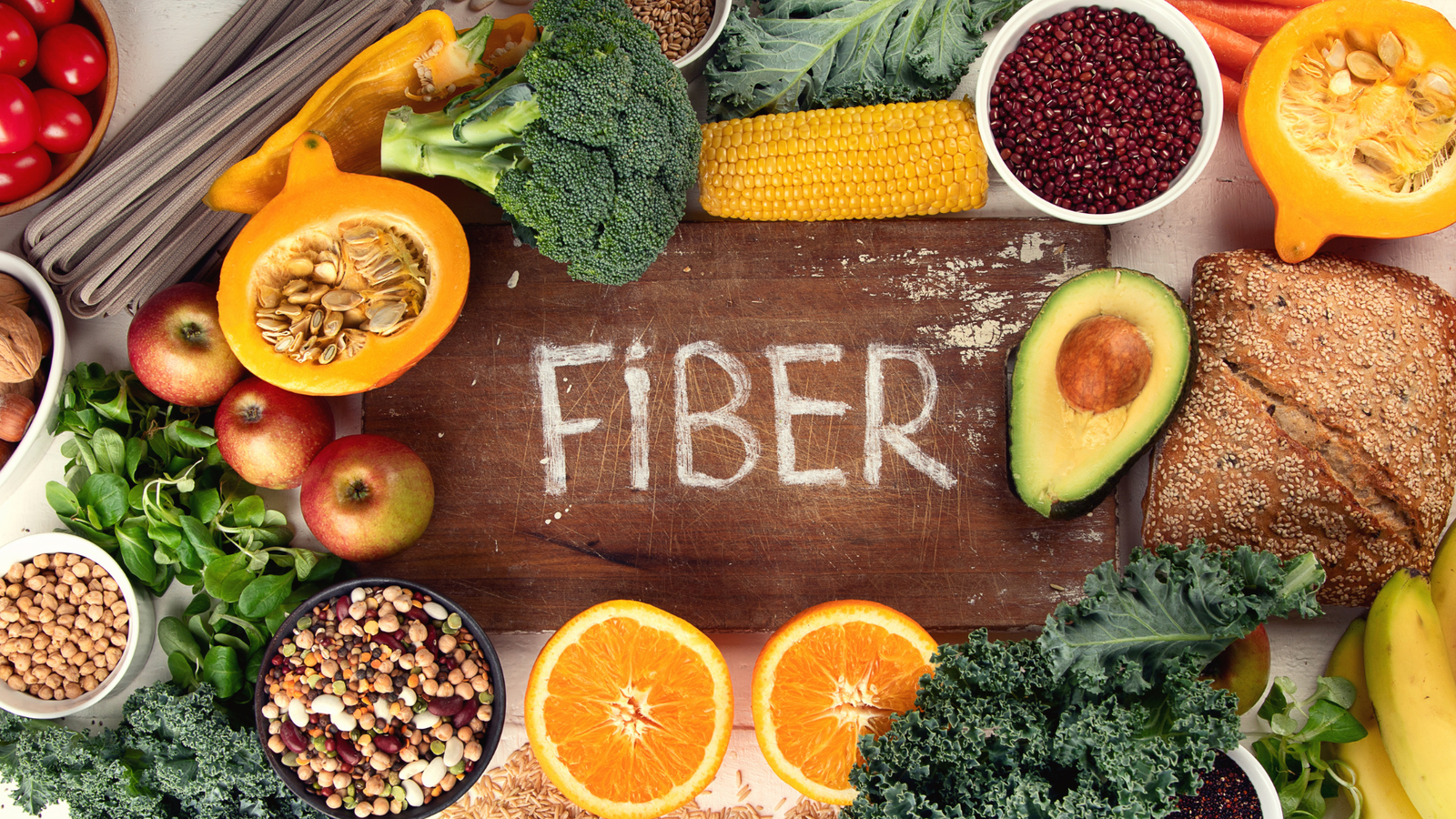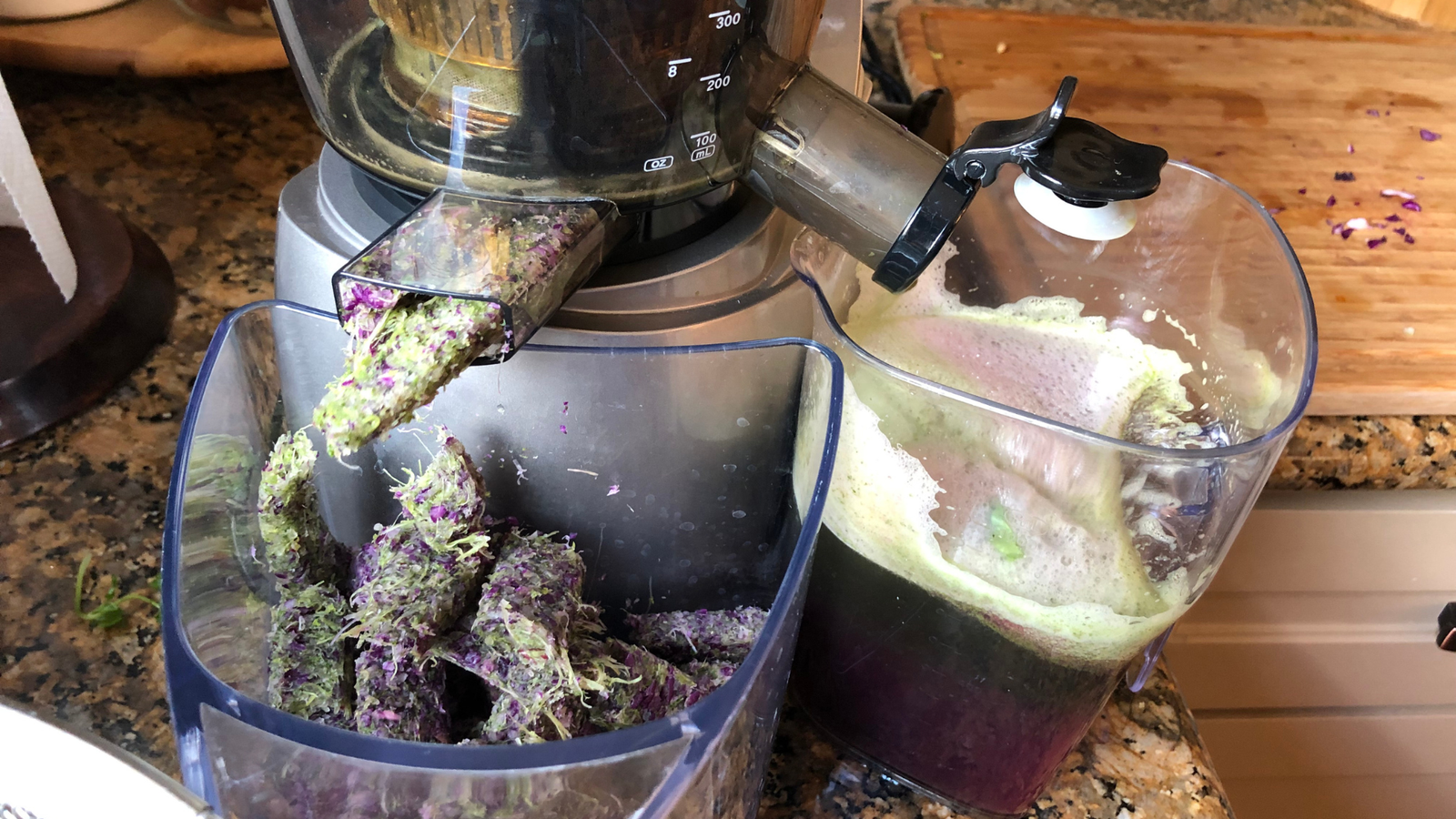Eating healthy doesn’t have to break the bank. With careful planning and smart choices, you can nourish your body with nutritious foods while staying within your budget. In fact, many budget-friendly foods are not only good for your wallet but also beneficial for your health. This article explores seven healthy foods that are affordable, versatile, and readily available, making them excellent options for anyone looking to eat better for less.
- Oats: Oats are a nutritional powerhouse that offers a wide range of health benefits at an affordable price. Whether you prefer rolled oats, steel-cut oats, or instant oats, they are all excellent sources of fiber, which promotes digestive health, supports weight management, and helps control blood sugar levels. Oats are also rich in vitamins, minerals, and antioxidants, making them a heart-healthy addition to your diet. You can enjoy oats in a variety of ways, such as oatmeal, overnight oats, homemade granola, or baked goods like muffins and cookies.
- Lentils: Lentils are a highly nutritious and budget-friendly source of plant-based protein, fiber, and essential nutrients. Available in various colors and varieties, including green, brown, red, and black, lentils are incredibly versatile and can be used in soups, stews, salads, curries, and side dishes. In addition to being low in cost, lentils are also easy to prepare, requiring no soaking and cooking in a relatively short time compared to other legumes. Incorporating lentils into your meals is an excellent way to increase your intake of protein, fiber, iron, and folate while keeping your grocery bill in check.
- Eggs: Eggs are a nutritional powerhouse packed with high-quality protein, vitamins, and minerals, all at an affordable price. They are a complete source of protein, meaning they contain all nine essential amino acids that the body needs for optimal health. Eggs are also rich in choline, a nutrient important for brain health and development, as well as lutein and zeaxanthin, antioxidants that support eye health. Whether boiled, poached, scrambled, or fried, eggs are a versatile ingredient that can be enjoyed at any time of day, making them a cost-effective option for adding protein and nutrients to your diet.
- Canned Beans: Canned beans are a convenient and budget-friendly pantry staple that provides a wealth of nutritional benefits. Whether you prefer black beans, kidney beans, chickpeas, or pinto beans, canned beans are an excellent source of plant-based protein, fiber, vitamins, and minerals. They are also incredibly versatile and can be used in a wide range of dishes, including soups, salads, tacos, chili, and bean dips. Canned beans are not only affordable but also have a long shelf life, making them a convenient option for busy weeknight meals and last-minute recipe ideas.
- Frozen Vegetables: Frozen vegetables are a convenient and cost-effective way to incorporate more plant-based nutrition into your diet. Contrary to popular belief, frozen vegetables are often just as nutritious as fresh ones, as they are typically frozen at peak ripeness to lock in nutrients. They are also more affordable and have a longer shelf life than fresh produce, reducing food waste and saving you money in the long run. Frozen vegetables can be steamed, sautéed, roasted, or added to soups, stews, stir-fries, and casseroles, making them a versatile and budget-friendly option for adding vitamins, minerals, and fiber to your meals.
- Canned Tuna: Canned tuna is a budget-friendly source of protein and omega-3 fatty acids, essential nutrients that support heart health, brain function, and overall well-being. It is also a convenient option for quick and easy meals, requiring no cooking and minimal preparation. Canned tuna can be enjoyed on its own or used as a protein-rich ingredient in salads, sandwiches, wraps, pasta dishes, and casseroles. Look for canned tuna packed in water or olive oil, and choose skipjack or albacore tuna for lower mercury levels and environmental sustainability.
- Whole Grains: Whole grains, such as brown rice, quinoa, barley, and whole wheat pasta, are affordable and nutritious staples that can form the foundation of a healthy diet. Unlike refined grains, which have been stripped of their bran and germ during processing, whole grains retain their fiber, vitamins, minerals, and antioxidants, making them a more nutritious choice. Whole grains are also versatile and can be used in a wide variety of dishes, including grain bowls, salads, soups, stir-fries, and pilafs. By incorporating more whole grains into your diet, you can increase your intake of fiber and essential nutrients while saving money on your grocery bill.
Conclusion:
Eating healthy doesn’t have to be expensive. By choosing budget-friendly foods that are nutritious, versatile, and readily available, you can nourish your body with the nutrients it needs while staying within your budget. The seven foods mentioned in this article—oats, lentils, eggs, canned beans, frozen vegetables, canned tuna, and whole grains—are affordable, convenient, and packed with health benefits, making them excellent options for anyone looking to eat better for less. With a little planning and creativity, you can enjoy delicious and nutritious meals without breaking the bank.



